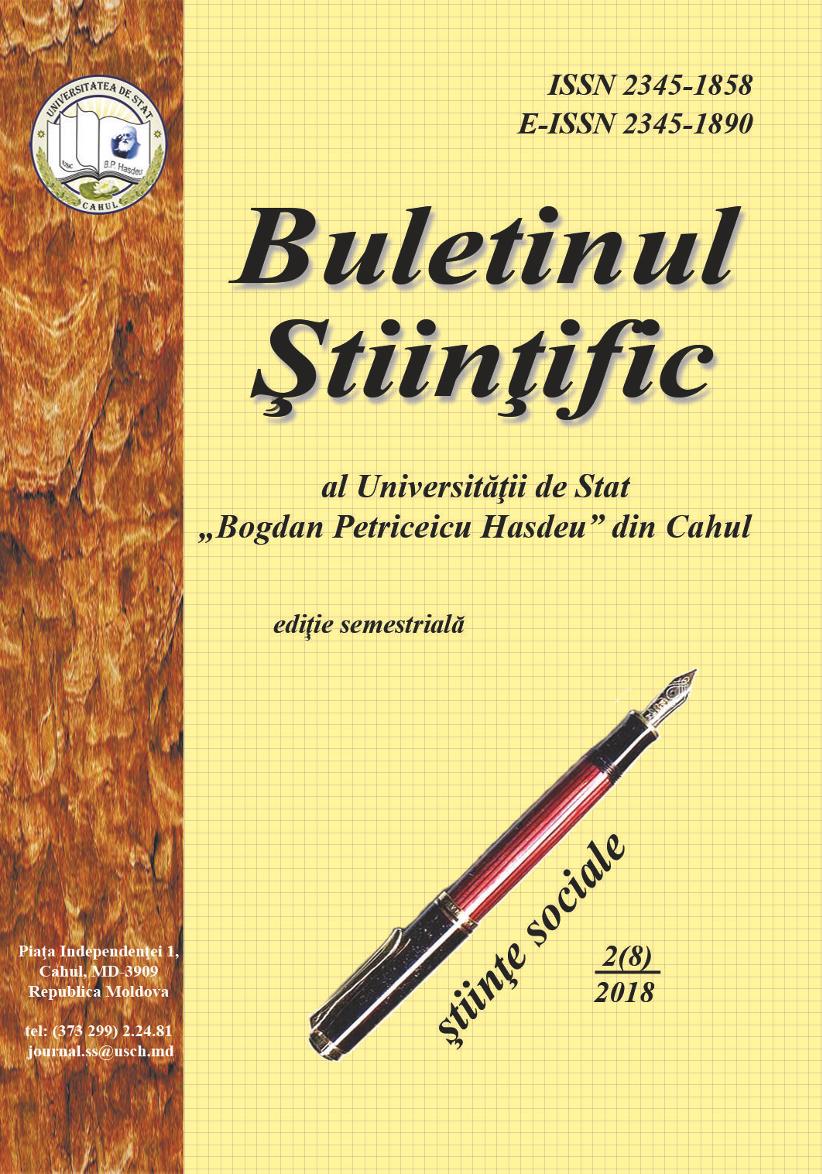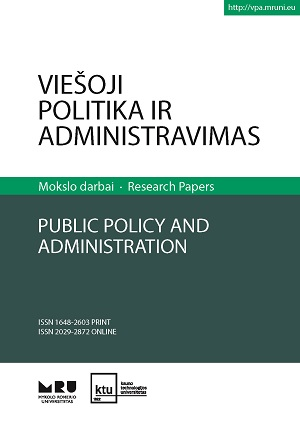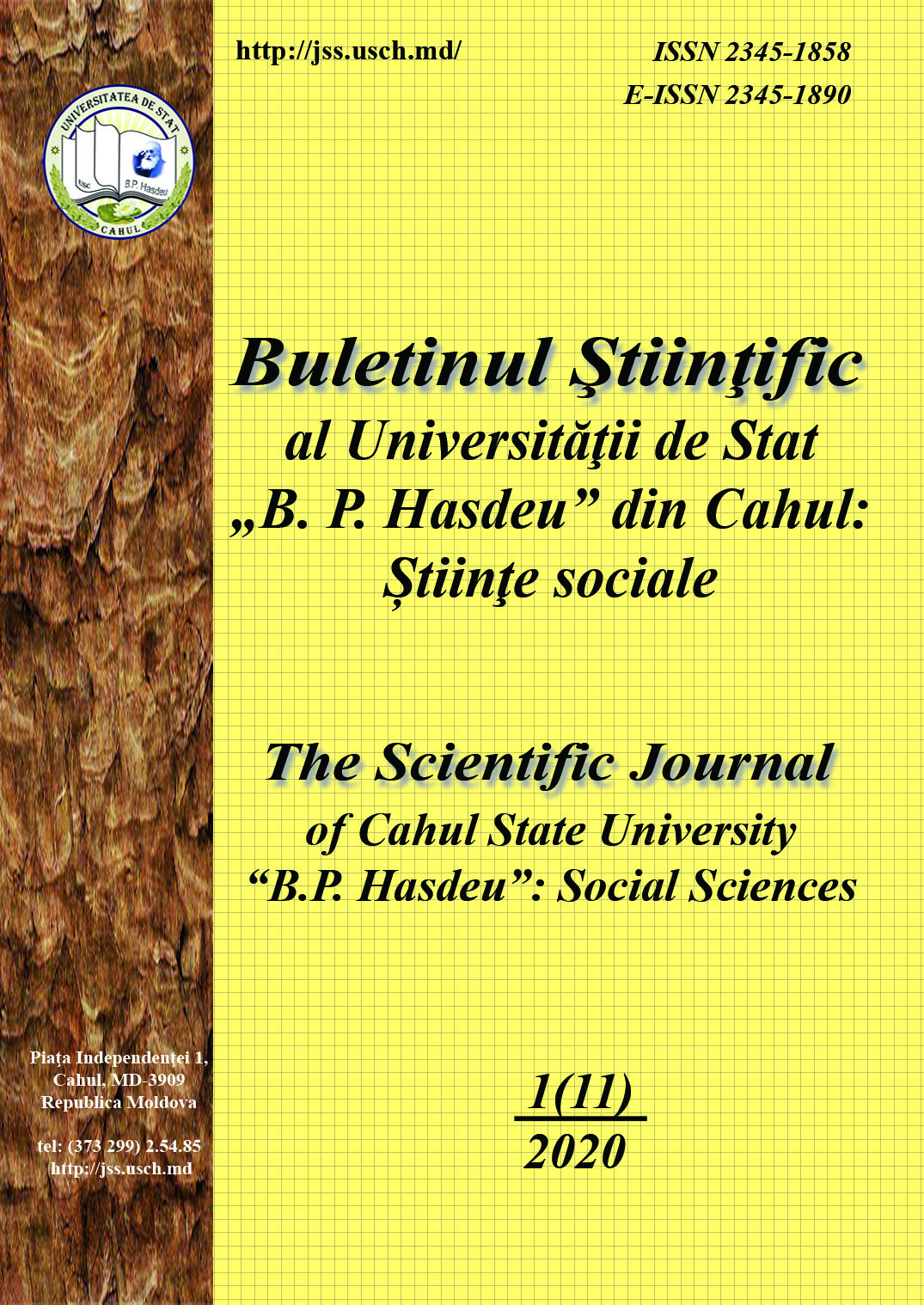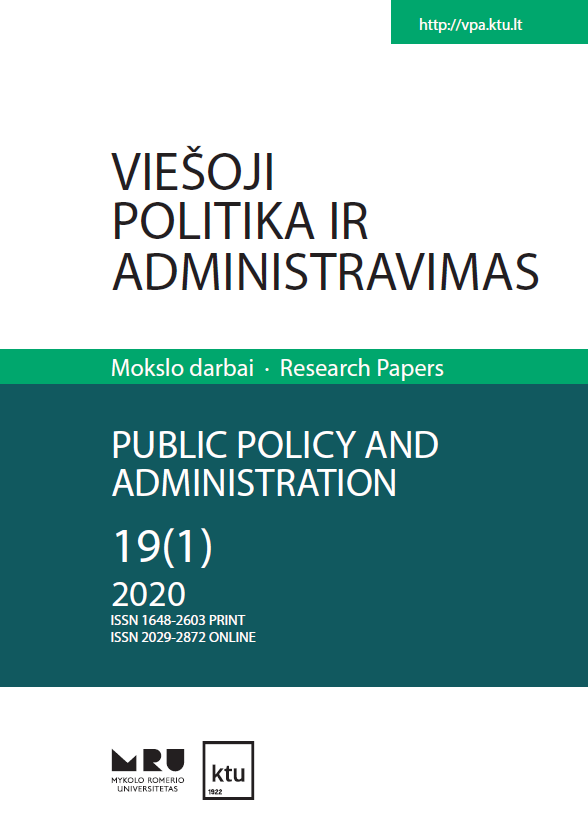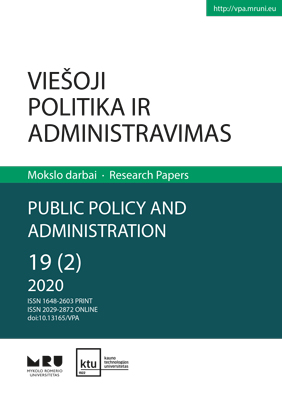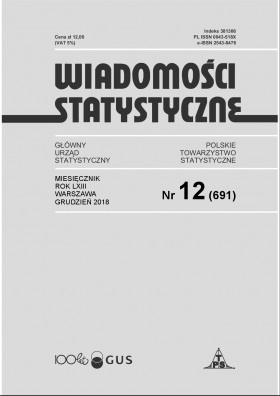Managing Change: Transition from the Traditional Bureaucratic Practices to E-Government
In line with international best practice and public demand for a more efficient and responsive public service, Nigeria – like many other countries – gradually transitioned from the traditional bureaucratic practices to the use of Information and Communications Technologies (ICTs) - widely known as Electronic – government (E-government). This system of governance demonstrates high level of effectiveness and efficiency in public service dispensation and the general conduct of government businesses in addition to promoting transparency and accountability in government. The adoption of egovernment in Nigeria’s public service was hinged on certain intended benefits. However, these benefits oftentimes do not occur. A large body of knowledge on the adoption of ICTs in Nigeria’s public service exists, spanning from its prospects, to its implementation and challenges. However, the discourse has inadvertently neglected an important aspect which is the transition process. The transition from traditional bureaucratic practices to e- government, though desirable, can lead to many unintended outcomes if the “people side”, that is the human component of the public service are not taken into consideration in the transition process. The proper implementation of a transitional programme is therefore of utmost importance, if the intended outcomes of technology adoption are to be fully realized. This paper examines the implementation of e- government in Nigeria with a view on how to involve the public servants and the citizenry in general. The methodology adopted for this paper is qualitative as data from secondary sources were subject to content analysis.
More...
